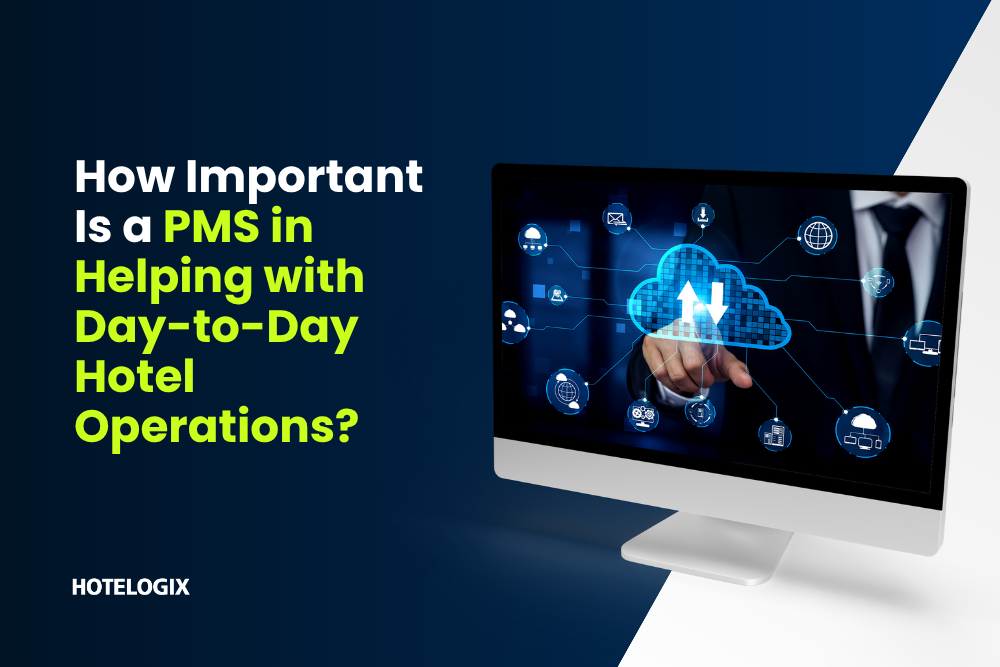A hotel’s reputation is the single-most important aspect of your revenue generation strategy, especially in today’s digital age. The rise of social media has given everybody a voice – one single dissatisfied guest could do considerable damage to a brand’s image, putting hotels under severe pressure to keep up with the growing levels of expectations. The overwhelming majority of guests today will refer to other reviews before making a booking decision so having a strong online presence is mandatory.
While there will always be those guests who simply don’t want to be happy, most of the time a guest leaves a negative review for something that happened as a result of a minor miscommunication. In fact, according to OTA giant Expedia’s chief product officer John Kim, most negative reviews could have been avoided if the issue had been brought up by the guest. “Our hotel partners have told us time and again that their feedback to a negative review is simply ‘I wish the guest had told us, as we would’ve corrected the issue,’” he said.
Hotels find out about complaints too late
That’s why real-time feedback could prove to be a major development in this area for hoteliers. Following up on cues received by their partners, Expedia designed a real-time feedback tool that asks guests three simple questions after they check-in –
a) How was your check-in?
b) How is your room?
c) Are you happy with the location?
The questions may be simple but by attempting to address issues right at their source, hotels can quickly be alerted when something’s not going according to plan. The app format also makes it more comfortable for guests to share their impressions, even if they’re not comfortable with face-to-face conversations especially considering possible language barriers.
Real-time feedback inhibits negative reviews
There’s a psychological element to this to. People have a fundamental need to vent when they feel they’ve faced an injustice – not receiving the expected level of service, for example. Writing a negative review was the simplest option available for a while, but with real-time feedback, guests can air their frustrations and may even be able to have the issue resolved right there and then. Even though the quality of the stay may have been hampered to an extent, the odds of a negative review materializing have been drastically lowered – simply because the guest’s need to vent was already fulfilled during the visit!
There are, however, a few things hotels must ensure before getting ready to receive real-time feedback. Firstly, the guest experience must be prioritized and the staff should have enough free time on their hands to be able to effectively cater to all guests. This can be achieved by automating repetitive, time-consuming manual tasks such as the night audit, reservation organization and so on. A property management system is the best way for independent hotels to streamline their core operations – without making sure that all processes within the property have been optimized, real time feedback is going to bombard the manager with requests and complains!
—





